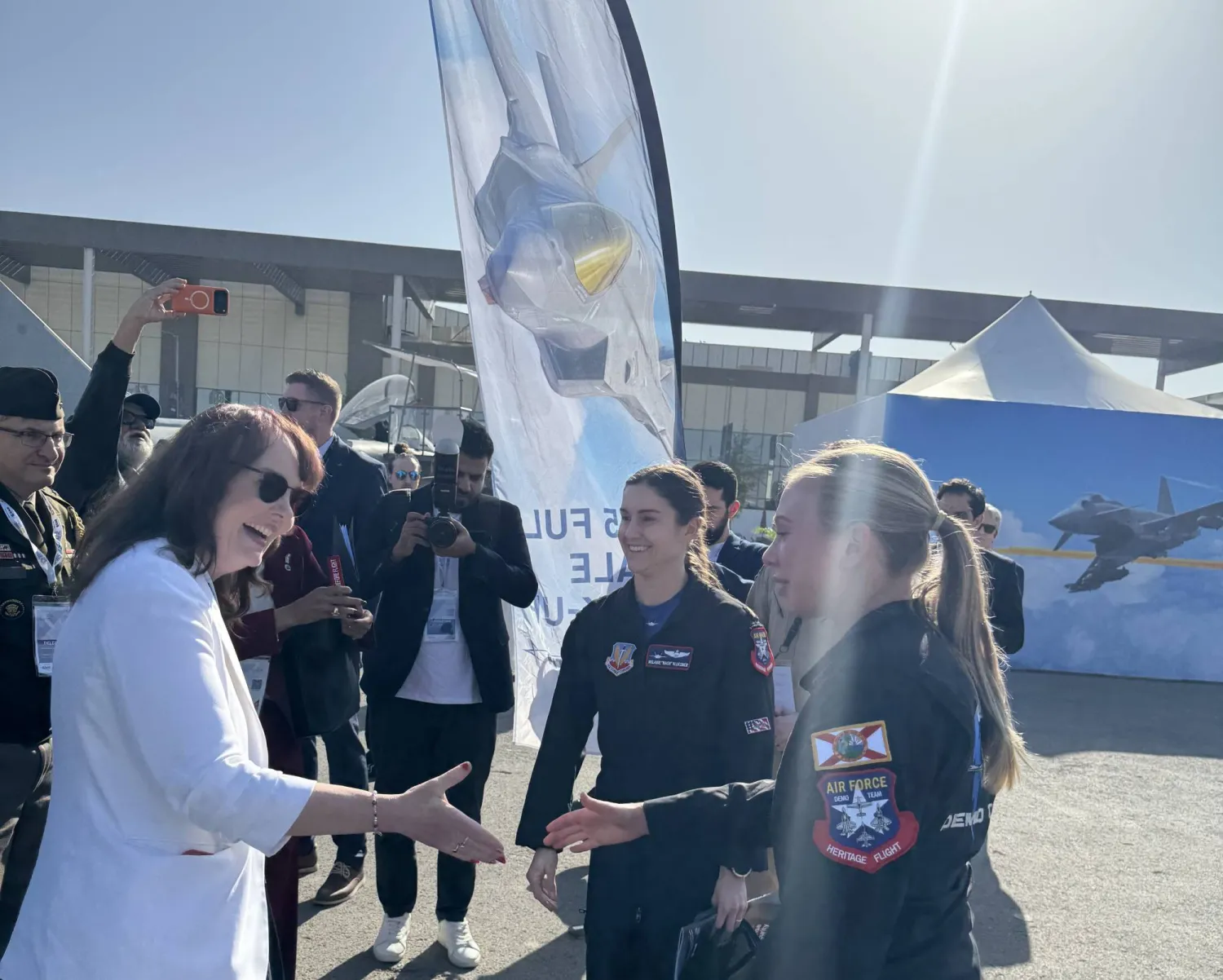Advisor at the Saudi Royal Court and Supervisor General of King Salman Humanitarian Aid and Relief Center (KSrelief) Dr. Abdullah bin Abdulaziz Al Rabeeah stressed on Wednesday that Saudi Arabia has provided over $130.34 billion in humanitarian and relief aid from 1996 to 2024, benefiting 170 countries.
He made his remarks at a meeting organized by the National Council on US-Arab Relations, where he underscored the Kingdom's relief and humanitarian efforts and projects worldwide via video call. Present at the meeting were the Council's CEO Delano Roosevelt and an accompanying delegation.
Al Rabeeah said KSrelief aims to be a leading international hub for relief and humanitarian activities, adhering to the highest global standards and best practices related to governance. He emphasized the Center's core values of neutrality, transparency, quality, professionalism, initiative, creativity, building partnerships, and supporting communities.
Since its establishment in 2015, the KSrelief has implemented around 3,009 projects in 100 countries, exceeding $6.940 billion, he stated, adding that these projects cover various vital sectors and are carried out in partnership with 187 international and UN organizations.
Yemen received the largest share of the KSrelief’s projects, accounting for 64% of the total aid, worth over $4.466 billion.
Moreover, Al Rabeeah said that KSrelief has carried out 992 projects, with a value exceeding $653 million, dedicated to women, benefiting more than 151 million. It also carried out 926 projects, worth over $888 million, focused on children, benefiting more than 179 million.
Regarding refugees in the Kingdom, Dr. Al Rabeeah said Saudi Arabia hosts an estimated at 1,093,926, including refugees from Yemen, Syria, and Myanmar. The Kingdom provides them with free medical treatment, education, and opportunities for social integration.
He also underlined the Kingdom's efforts in combating the COVID-19 pandemic internationally, providing more than $824.291 million in medical and preventive aid to over 50 countries.
On Yemen, Al Rabeeah said KSrelief has launched several specialized programs to support the brotherly Yemeni people, including the Saudi program for demining (Masam), which has so far successfully removed over 453,000 mines from Yemeni territories by more than 400 experts. Additionally, he noted projects for prosthetic centers and a project for the reintegration of children formerly associated with armed conflict.
Al Rabeeah provided an explanation about the establishment of the Saudi Aid Platform (SAP), the Platform for Assisting Displaced Persons and Refugees, the National Volunteer Portal, the Electronic Donations Platform (Sahm), and the monitoring and documentation initiatives related to humanitarian work.
He reviewed the Kingdom’s humanitarian efforts through the Saudi Conjoined Twins Program for separating Siamese twins, which has examined 141 cases so far from 26 countries across three continents and has successfully performed 61 separation surgeries for conjoined and parasitic twins.
Furthermore, Al Rabeeah confirmed that the Kingdom responded from the very first day of the Gaza crisis, which erupted on October 7.
It has so far provided aid to the Palestinian people worth $185 million. It also launched a humanitarian airbridge consisting of 54 planes and a maritime bridge of eight ships. The Kingdom has airdropped high-quality food for those affected in Gaza, aiming to break the blockade imposed by Israeli forces on the border crossings.
He said the Kingdom has provided $120 million to Sudan during its ongoing crisis, and has pledged to donate $400 million to Ukraine to alleviate the suffering of those affected by the humanitarian crisis there.
Al Rabeeah also pointed out that the Kingdom has launched the Saudi Sama’a Volunteer Program for Cochlear Implantation and Hearing Rehabilitation for earthquake victims in Türkiye and Syria. It is the largest humanitarian voluntary event for cochlear implants and auditory rehabilitation in the world.
The program aims to conduct 120 cochlear implant surgeries and distribute 375 medical hearing aids to children affected by the 2023 earthquake in Syria and Turkiye. Throughout all phases of the project, 24 voluntary programs in cochlear implantation will be implemented, benefiting 940 individuals, including intensive rehabilitation programs for the hearing impaired following their surgeries.
For his part, CEO of the National Council on US-Arab Relations Delano Roosevelt hailed the humanitarian and relief efforts of the Kingdom of Saudi Arabia, noting that they have reached all corners of the world without discrimination.









